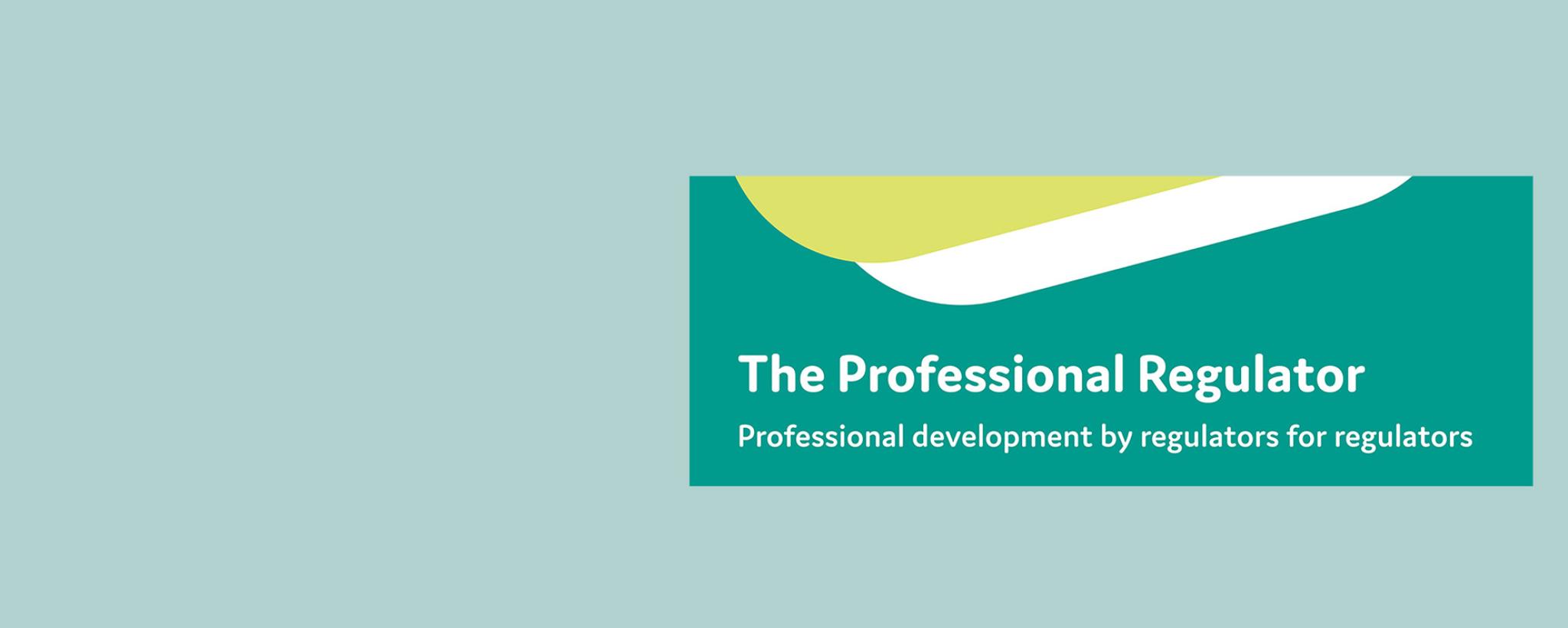Seminar 1: Using our regulatory tools
How can we better understand and fully use the regulatory frameworks and tools available to us, generally and for particular regulatory domains?
Seminar 2: Frontline regulators and processes
Module 2 introduces licencing and authorising as fundamental regulatory activities. In this seminar we look at some of the challenges of authorization. Many ‘frontline’ regulatory functions are performed by people in a wide range of service delivery or compliance roles that not directly connected to regulatory policy. What are the challenges and potential for ‘connecting up’ all levels of a regulatory organisation?
Seminar 3: Understanding and achieving compliance
We hope for compliance, but we often encounter defiance or indifference.
How do we engage more fully with those who do not want to engage with us?
Seminar 4: Regulatory information and stakeholder engagement
How can we better use and share regulatory information? What are the challenges of doing so? What are the most effective strategies for using information to support engagement with regulated entities and stakeholders in our authorising environments?
Seminar 5: Regulatory communication
What is best practice for regulatory communication? How can it support building cooperation with regulated entities and stakeholders What are some of the challenges for communicating effectively as a regulator?
Seminar 6: Regulatory relationships, professionalism and ethics
Most regulators are not alone in the regulatory spaces in which they operate. How do we navigate regulatory relationships without being compromised or captured? How do we communicate with, cooperate and collaborate with other regulators and regulatory actors within a federation? What works in developing those relationships, and when do they come under pressure?







